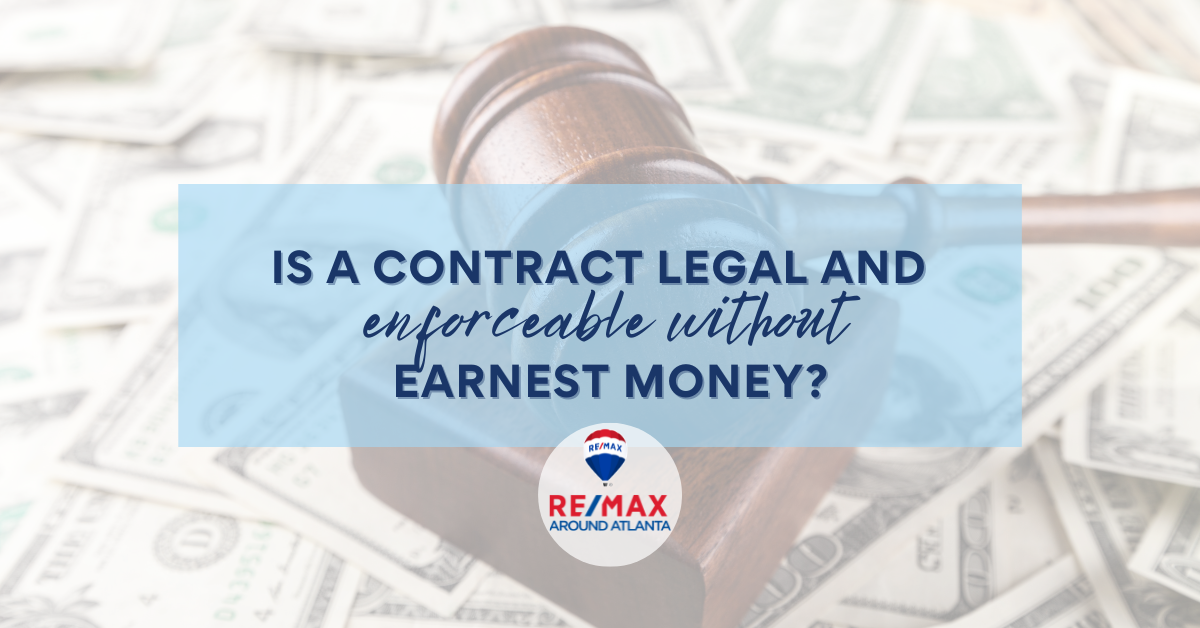|
The GAR real estate contract is valid in most cases whether there is an earnest money deposit or not. While a contract, to be valid, must have consideration, earnest money is not the only consideration included. Earnest money is a good faith deposit and may not be necessary to have a valid contract. The consideration can be the mutual promises of the parties to perform their respective obligations under the contract (i.e., a promise for a promise).
Generally, the purpose of the earnest money is to provide the seller with compensation in the event the buyer terminates the contract or fails to close through no fault of the seller and in violation of the agreements in the purchase and sale agreement. According to the GAR purchase and sale agreement C.2.(a), the seller’s sole remedy shall be to retain the earnest money as full liquidated damages. Furthermore, the seller expressly waives any right to assert a claim for specific performance. If earnest money is not included with the terms of the contract, the seller really doesn’t have much of a remedy. GAR purchase and sale agreement F201: 2. Default. a. Remedies of Seller: In the event this Agreement fails to close due to the default of Buyer, Seller’s sole remedy shall be to retain the earnest money as full liquidated damages. Seller expressly waives any right to assert a claim for specific performance. The parties expressly agree that the earnest money is a reasonable pre-estimate of Seller’s actual damages, which damages the parties agree are difficult to ascertain. The parties expressly intend for the earnest money to serve as liquidated damages and not as a penalty.
0 Comments
Leave a Reply. |
RMAAReal Estate News, Brokers Blog & More Categories
All
Archives
July 2024
|


 RSS Feed
RSS Feed